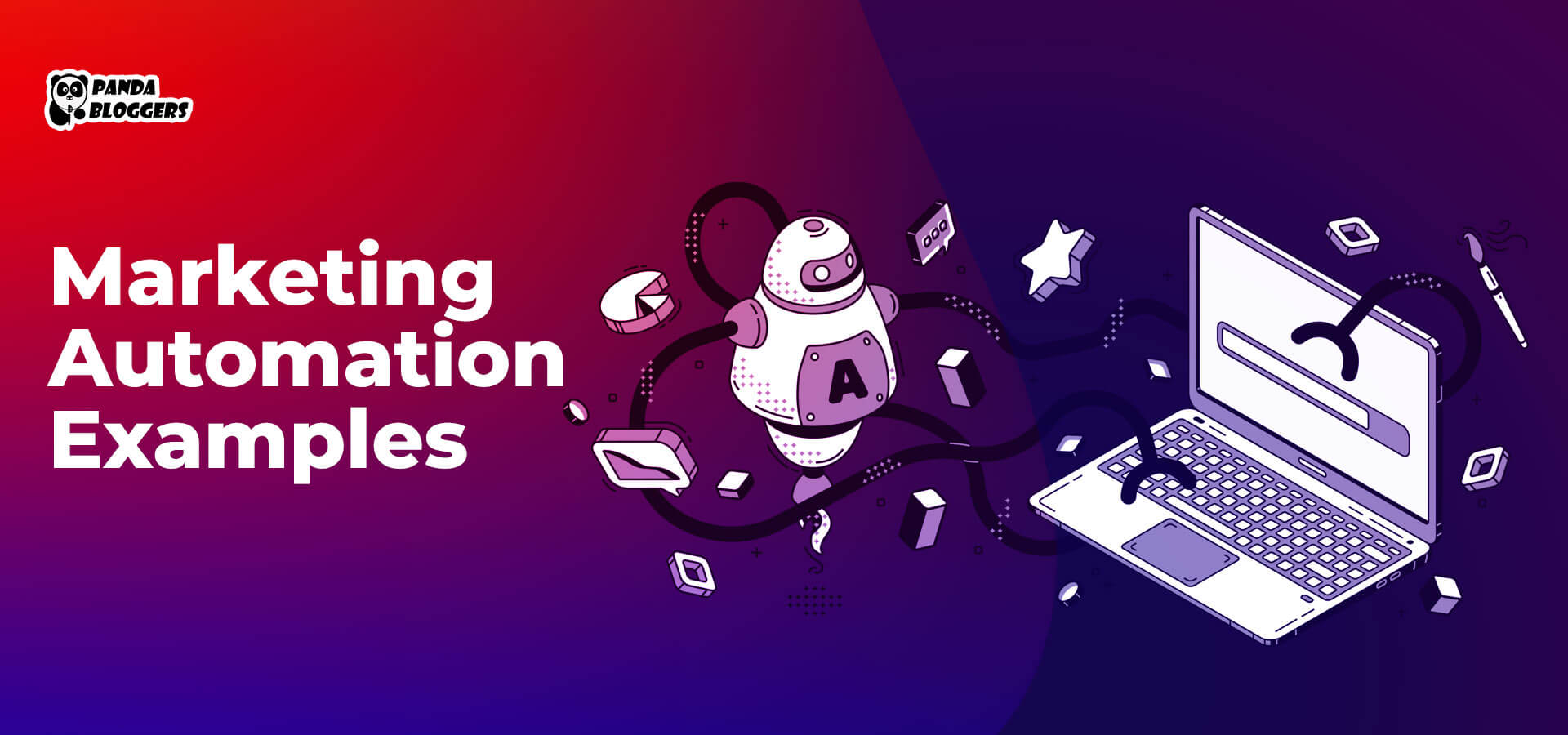 Marketing Automation Examples
Marketing Automation Examples
According to Insightly’s 2023 State of Marketing Automation Survey, “94% of marketing leaders attribute automation tools to their strategic success.” The survey further suggests enterprises improve customer journeys, boost customer engagement, and drive efficiency by automating many routine and crucial marketing activities.
In addition to aligning sales and marketing activities, marketing automation platforms help businesses generate, engage, nurture, and convert leads by leveraging real-time customer data gathered from multiple sources. However, each enterprise adopts marketing automation in a distinct way.
Many enterprises automate multiple marketing activities by implementing all-in-one marketing automation software. At the same time, some enterprises implement specialized marketing automation tools to automate specific activities like lead management, email marketing, and customer relationship management.
We can understand how enterprises adopt marketing automation by discussing some of the important use cases of marketing automation solutions. Here are some marketing automation examples that depict how B2B and B2C companies have been boosting productivity and efficiency by implementing robust tech tools and leveraging cutting-edge technologies.
12 Fascinating Real-World Marketing Automation Examples
Automated Welcome Message Delivery
Marketers initiate customer relationship building by sending welcome messages. A well-crafted welcome message makes the recipient believe that the company is excited to connect with him and committed to providing an excellent experience.
In the age of manual marketing, marketers have to spend time crafting and sending welcome messages. Marketing automation platforms help them create the first impression by sending automated welcome messages. Further, they can send personalized welcome messages to each customer through email workflow management.
Customer Onboarding Automation
As the first step in a customer’s journey, customer onboarding focuses on nurturing and guiding new customers to acclimatize to the product or service purchased by them. Earlier, companies had to deploy dedicated human agents to provide the information and assistance required by new customers when they use the product or service.
Email marketing automation tools enable companies to automate customer onboarding experiences by sending automated emails. The platform helps companies to craft instructive emails by providing customizable templates. Also, it sends emails automatically to customers that help them use the product or service effortlessly and accurately.
Customer Relationship Management (CRM) Automation
Marketers cannot close more deals without managing the brand’s interactions and relationships with existing and potential clients. When they manage customer relationships manually, they have to use multiple databases, tech tools, and spreadsheets to monitor customer relationships.
Customer relationship management (CRM) systems provide them with quick access to customer data stored in a centralized location. Marketers can use the software to access sales leads and customer data without using additional tools.
The software enables them to gather contact information and find sales opportunities simply by choosing a specific account. Also, it updates customer interaction data automatically after each interaction. Also, new-age CRM systems help them identify high-value leads and convert them into customers by sharing insights gained using artificial intelligence and data analytics.
Lead Management Automation
No business can close more deals without identifying prospects and converting them into customers regularly. While making marketing strategies, decision-makers focus extensively on streamlining the process of acquiring, nurturing, and converting leads.
They further automate the crucial marketing automation by implementing lead management software. The software provides a 360-degree view of customer information collected from multiple sources. Also, it helps them identify the leads that are more likely to convert by featuring lead-scoring tools.
Marketers can use the software to welcome new leads, follow up with them, and update customer information. The new-age lead management solutions further used AI algorithms to make the entire process data-driven.
Automated Transactional Message Delivery
Delivery of automated transactional emails is one of the most common marketing automation examples. E-commerce companies use marketing automation tools to send emails and text messages that help the recipient proceed on the buyer’s journey.
They ensure that personalized transactional messages are sent to each customer when he places an order, when his order is shipped, and when he receives the delivery. Marketing automation tools enable e-commerce companies to send transactional emails to a large number of customers in a timely and accurate way without any human intervention.
Email Marketing Automation
Enterprises generate, nurture, and convert leads by sending a variety of commercial emails. Marketers have to put in time and effort to craft emails that build customer relationships and drive customer actions. Also, they have to make email marketing campaigns successful by sending the right email to the right customer or prospect at the right time.
Email marketing automation tools help marketers craft personalized and targeted emails by providing customizable templates. The A/B testing tool provided by the software makes it easier for them to assess customer engagement by comparing multiple versions of the same marketing email. At the same time, the software leverages real-time data to ensure that each recipient receives the right email at the right time without any human intervention.
Social Media Marketing Automation
Modern customers spend most of their digital time on social networking platforms. However, the choice of social network varies across customers. Hence, marketers have to spend time managing multiple social media accounts or profiles. Marketing automation tools help them save time by automating social media activities.
Widely used social media automation tools make it easier for them to enhance a brand’s social media presence and performance by automating routine tasks like integrating multiple social media accounts, scheduling multi-format content, and uploading posts in bulk. Also, marketers can use AI-powered social media automation tools to generate posts, optimize images, and create social media content calendars.
Chatbot Marketing
AI technologies enable enterprises to run chatbot marketing. As the name indicates, these automated marketing campaigns as executed using AI-powered chatbots. Unlike human marketers, chatbots work round the clock to generate sales by interacting with existing and prospective customers.
Companies further use chatbots to interact with customers visiting websites and accessing mobile apps. Chatbots engage customers and prospects by initiating conversations. Also, they are effective in performing marketing tasks like lead qualification and upselling. Marketers further use these AI-powered tech tools to send relevant messages to customers based on predefined rules.
Customer Experience Automation
Marketers cannot close more deals without personalizing customer communication and interactions. They have to focus extensively on eliminating friction between the brand and customers. Automation of customer experience helps them eliminate friction by continuing one-on-one communication with each customer.
Customer experience tools make it easier for them to personalize communication based on a customer’s demographic and behavioral data. In addition, they boost customer experience by running automated chatbot and email marketing campaigns. New-age customer experience solutions leverage AI technologies to automate the buyer’s journey end-to-end while keeping customer experience consistent across channels.
Advertising Automation
Enterprises these days invest in paid advertisement to reach out to a larger number of customers in a short amount of time. In the age of personalization, no enterprise can run a search engine and social media ad campaigns successfully without tailoring ad copies according to the actions and behaviors of individual customers.
New-generation marketing automation tools drive ad automation using AI and machine learning algorithms. Intelligence technologies make the software personalize ad copies according to a customer’s preferences, behaviors, and demographics. Also, they help brands display ads to website visitors when they visit other websites.
Marketing Automation Analytics
Marketing automation tools are one of the most recent marketing automation examples. Enterprises leverage these tools to increase the ROI of marketing by collecting and analyzing campaign data automatically. Leading marketing automation platforms these days come with built-in analytics solutions.
Analytics make the software share actionable insights by analyzing real-time campaign data. These insights help marketers boost campaign performance by understanding what is working and what is not. At the same time, marketing analytics help them predict customer behavior, boost customer experience, and build customer loyalty based on real-time campaign data.
Omnichannel Marketing Automation
Companies these days deliver personalized and unified customer experiences by running omnichannel or multichannel marketing campaigns. They need additional resources to boost a brand’s presence and performance across multiple marketing channels. Also, marketers have to put in extra time and effort to monitor and refine the performance of individual campaigns.
All-in-one marketing automation platforms make it easier for businesses to keep customer experience consistent across online and offline marketing channels without escalating costs. An enterprise can implement omnichannel marketing automation tools to engage with customers at the right time using their preferred channels. The software uses analytics to help marketers implement personalized marketing strategies and share relevant content with customers across their buying journeys.
Conclusion
Automation is currently one of the hottest trends in marketing. Both B2B and B2C companies increase the ROI of marketing by implementing automation tools. Some companies automate the entire marketing process by implementing all-in-one marketing automation software, while others prefer automating specific marketing tasks.
However, most companies and startups opt for marketing automation platforms providing robust features and tools. Also, they prioritize platforms that boost marketing automation using Industry 4.0 technologies like artificial intelligence, machine learning, and data analytics. Hence, enterprises in various industries will continue to create new marketing automation examples in shorter and longer runs.


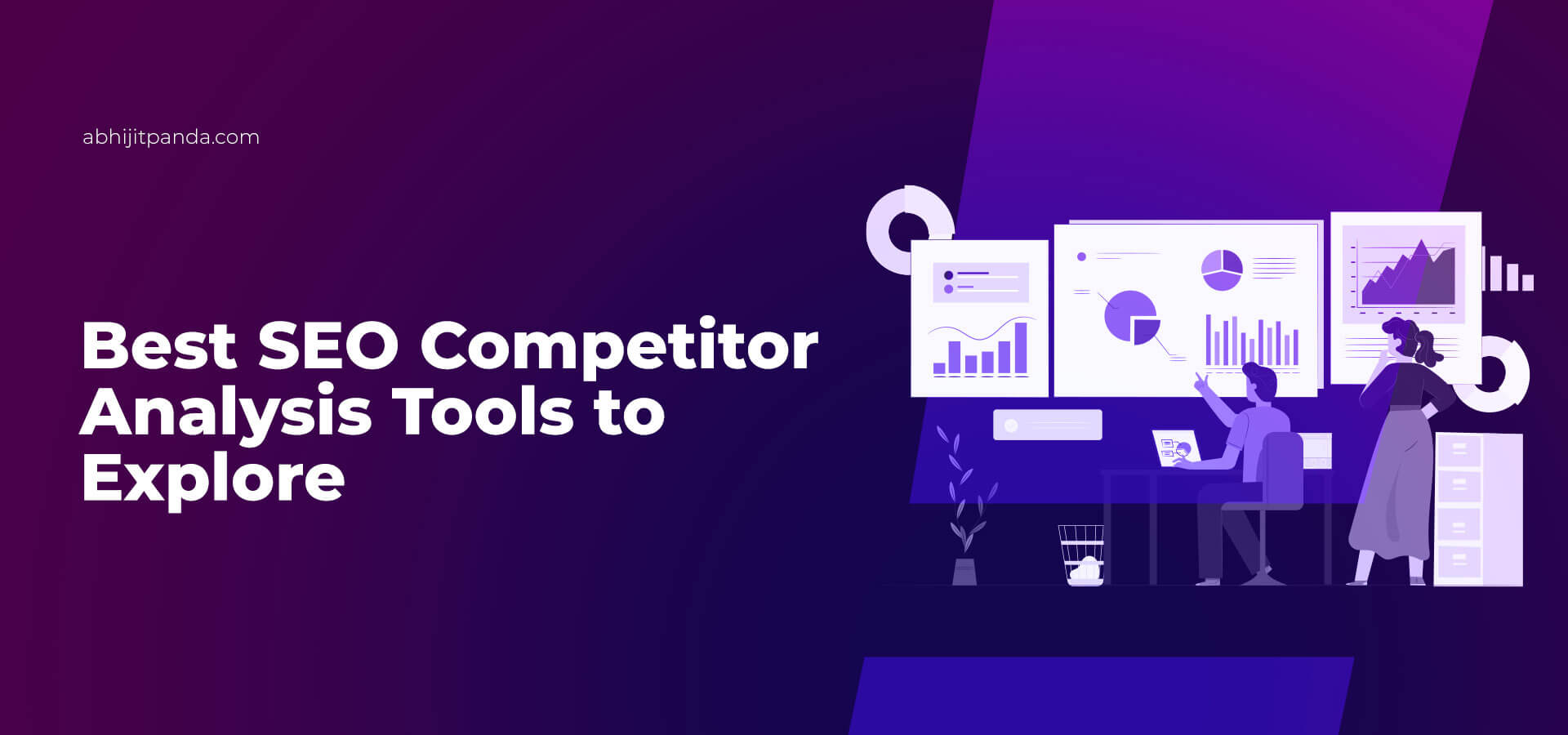
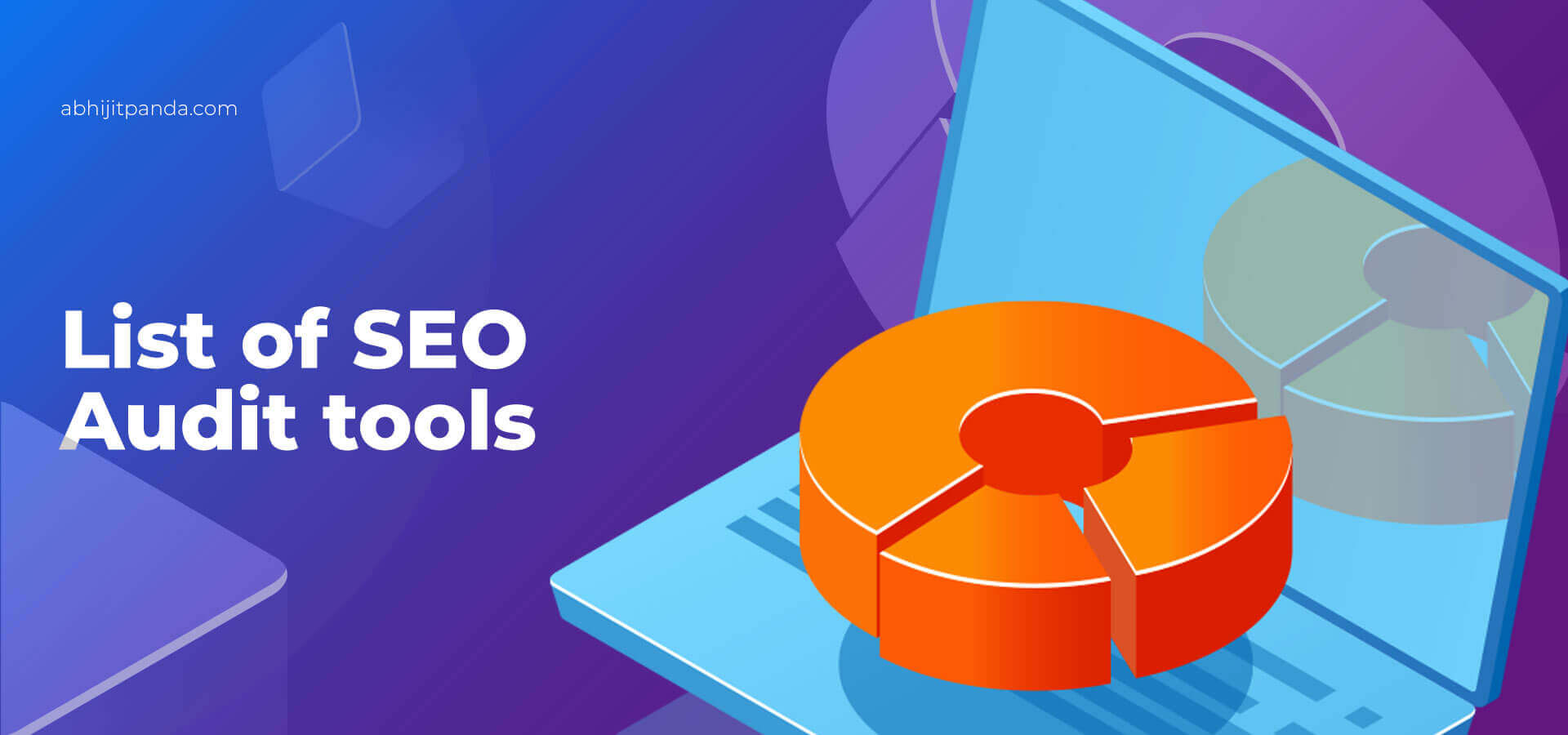
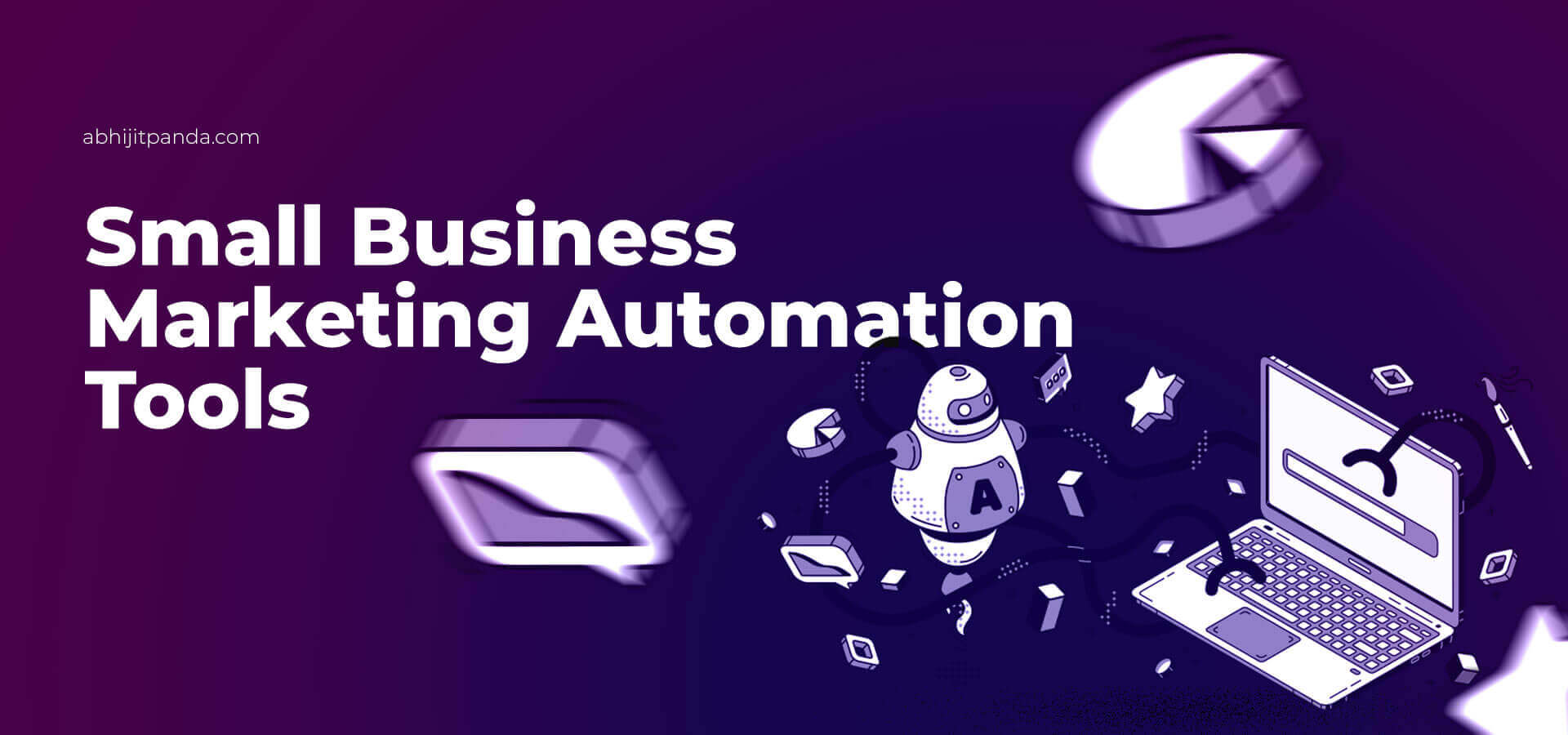
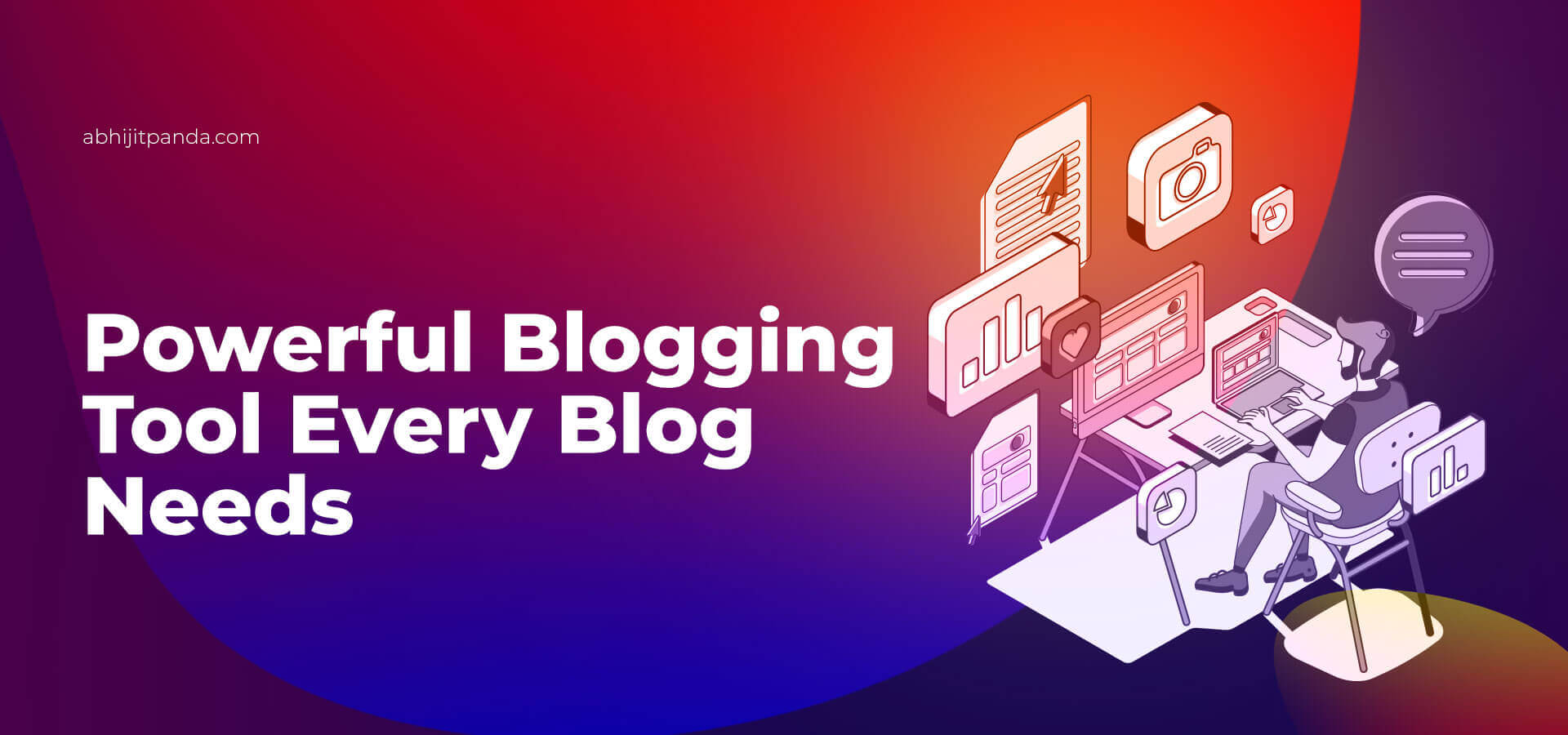
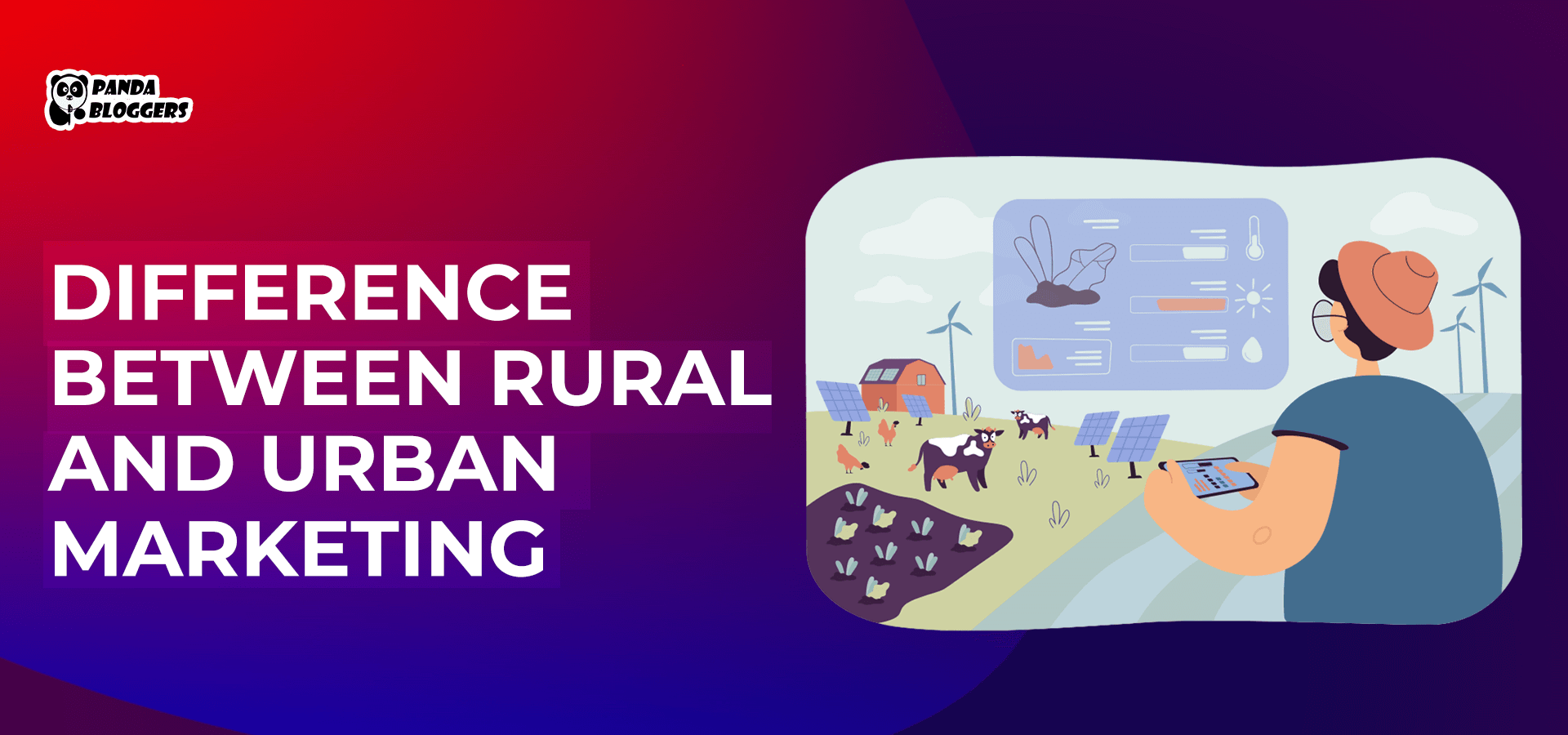

Leave a Reply